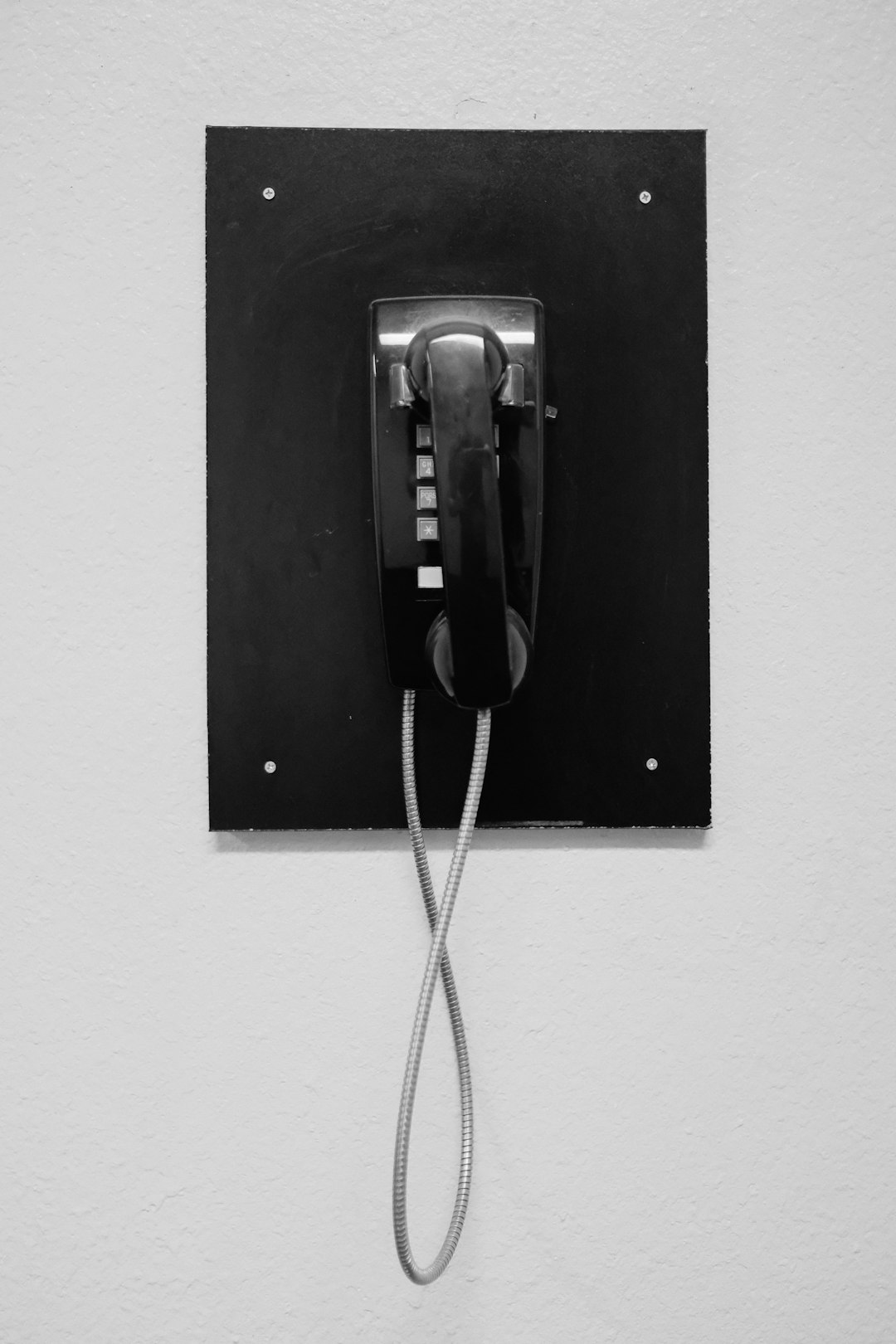Spam calls, a growing problem in DC's political campaigns, involve high-pressure sales tactics and misinformation from pre-recorded messages or live operators. A spam call attorney DC helps navigate this landscape, protects consumers under the Telephone Consumer Protection Act (TCPA), and advocates for regulations to combat these intrusive practices that can disrupt voter engagement and influence election outcomes. Campaigns can leverage technology, legal guidance, and staff education to minimize unwanted calls and maintain integrity.
Spam calls, a persistent nuisance, have evolved from mere marketing tactics to a significant challenge for political campaigns in Washington D.C. These unwanted phone communications, often disguised as legitimate requests, can distort electioneering and impact voter behavior. In this article, we explore the rise of spam calls, their effect on local politics, and delve into legal options available to combat them, with a particular focus on seeking aid from a spam call attorney DC. Understanding these strategies is crucial for navigating the complex landscape of political campaigning in the digital age.
Understanding Spam Calls: Definition and Common Tactics Used

Spam calls, also known as unsolicited or unwanted telephone marketing calls, are a ubiquitous and increasingly insidious problem, especially during political campaigns in D.C. These calls often employ various tactics to reach potential voters, such as pre-recorded messages, automated dialers, and live operators using high-pressure sales techniques. They can be particularly intrusive and frustrating for recipients, who may find themselves deluged with calls from unknown numbers.
In the context of political campaigns, spam calls aim to influence voters by disseminating misinformation, promoting candidates or issues, or even suppressing turnout among certain demographics. A spam call attorney in DC plays a crucial role in navigating this complex landscape, assisting victims of unwanted calls, and advocating for regulations that protect consumers from these intrusive practices.
The Impact on Political Campaigns in DC: A Comprehensive Look

In the political arena, every interaction matters. However, the rise of spam calls has significantly disrupted traditional campaign strategies in Washington D.C. These unwanted phone calls, often from automated systems or call centers, target voters with political messages, but they do more harm than good. Many residents find themselves bombarded with calls, leading to a decline in overall engagement and potentially impacting voter turnout.
With the help of technology, campaigns have historically reached out to supporters, but spam calls differ in their aggressive approach. A spam call attorney in DC may even suggest that these tactics could be considered illegal, as they often violate privacy laws and regulations. The constant influx of calls can alienate potential voters, causing them to tune out political discourse altogether. Thus, campaigns must adapt their methods to ensure effective communication without resorting to nuisance calls.
Legal Aspects: What Are the Options for Spam Call Attorney DC?

In the context of political campaigns in D.C., navigating the legal aspects of spam calls can be complex. The Telephone Consumer Protection Act (TCPA) provides significant protections for individuals against unsolicited telephone marketing calls, often referred to as spam calls. For a spam call attorney DC, understanding these regulations is paramount. They must ensure that political campaigns adhere to strict guidelines regarding caller ID transmission, do-not-call lists, and the content of the calls, especially when engaging with registered voters or potential supporters.
When dealing with such legalities, a spam call attorney DC can offer specialized guidance on how to minimize risks while effectively utilizing telephone marketing strategies. This includes advising campaigns on obtaining proper consent, managing internal records, and implementing robust opt-out mechanisms. These measures not only help political campaigns stay compliant but also foster a positive relationship with the electorate by respecting individual privacy and consumer rights.
Mitigation Strategies: How Political Campaigns in DC Can Combat Spam Calls Effectively

Political campaigns in Washington D.C., already navigating complex landscapes of messaging and outreach, face an additional challenge in the form of spam calls. These unwanted communications can disrupt campaign strategies, dilute voter engagement, and even impact election outcomes. However, there are effective mitigation strategies that campaigns can employ to combat this issue.
One key approach is to leverage technology designed to identify and block spam calls. Campaign managers can utilize advanced call screening tools and software that analyze caller IDs and patterns to filter out unwanted robocalls and messages. Additionally, engaging a spam call attorney DC can provide legal recourse and help campaigns understand their rights in dealing with this form of interference. Educating volunteers and staff about recognizing and reporting spam calls is another crucial step. By training the team to discern legitimate from malicious calls, campaigns can minimize their exposure and ensure resources are allocated effectively.






